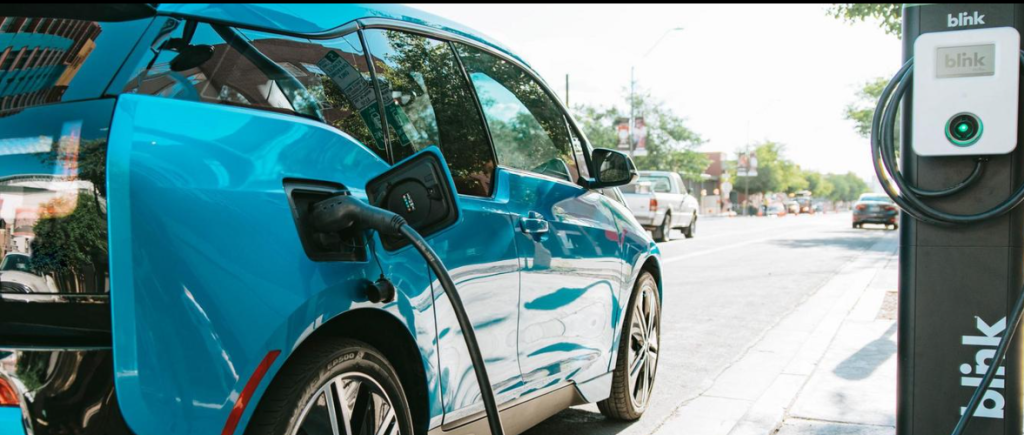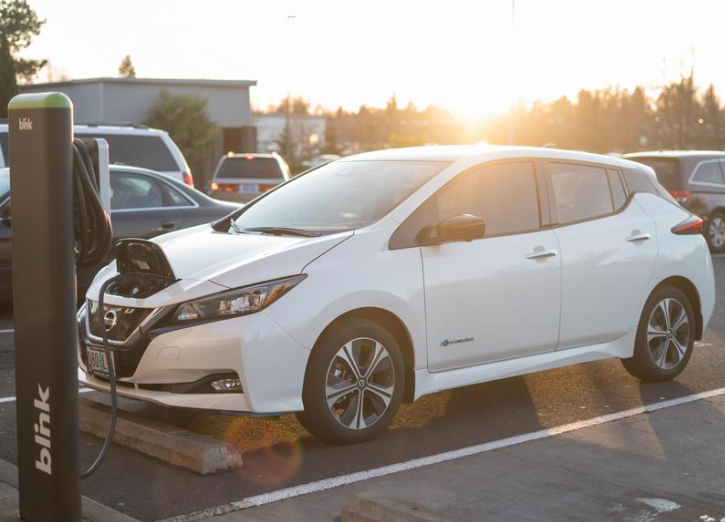Blink Charging represents a key alternative for the promotion of electromobility through its high technology. The brand is not only focused on presenting the best products to the market, but also on raising awareness and educating about the importance of electromobility.
Blink points out the benefits that electric vehicles offer to the challenge of reducing CO2 emissions and promoting more sustainable practices.
By eliminating tailpipe emissions and offering greater energy efficiency compared to gasoline vehicles, electric vehicles represent a promising option in reducing emissions.

Read also: Blink Charging: How to Deploy Charging Infrastructure in Dealerships?
Key Figures
Blink highlights that, globally, the number of electric vehicles, including cars, buses, vans and large trucks, is estimated to reach 145 million by 2030.
In Latin America, according to a study by Americas Market Intelligence, 5.4 million EVs, in all their variants, are expected to be in operation.
Blink Charging recommends that when evaluating the emissions of electric vehicles (EVs), it is essential to consider their entire life cycle, from materials sourcing, manufacturing and end-of-life management.
Unlike internal combustion engine (ICE) vehicles, EVs do not emit direct emissions during operation on electricity.
EV “well-to-wheel” emissions are related to electricity generation and the electric grid, being lower in regions with higher use of renewable energy sources.
According to a study by the International Council on Clean Transportation (ICCT), the lifetime emissions of currently registered EVs are considerably lower compared to gasoline or diesel vehicles, with reductions ranging from 66% to 80% in different regions of the world.
In addition, it has been shown that if people choose to charge their EVs during off-peak periods on the grid, this could further reduce emissions by as much as 18%, while helping to support the grid.




